Case Study 1 Smart City
A smart city is an urban area or community that utilizes various sensors and electronic methods to collect and analyze data, enabling efficient management of a wide range of city services and operations. One key component of smart city solutions is the unified dashboard, a centralized platform that integrates data from various sources, providing city managers with real-time insights and facilitating informed decision-making. Insights gained from this data are used to enhance urban living, optimize operations, and promote sustainability.
Integrating information and communication technology (ICT) and IoT (Internet of Things), networks is crucial in optimizing operational efficiency and empowering citizens with real-time information in the Smart Cities concept. By leveraging these technologies, city officials can directly interact with the community and monitor city infrastructure in real time. ICT and IoT solutions improve urban services’ quality, performance, and interactivity while reducing costs and resource consumption.
Smart Cities applications are designed to effectively manage urban flows and deliver timely responses to community needs and challenges. Smart cities leverage advanced technologies and data-driven approaches to enhance various aspects of urban living, including transportation, energy management, public safety, and overall quality of life. The rapid urbanization and population growth in cities present significant resource management, infrastructure, and service delivery challenges. To tackle these challenges, smart cities embrace cutting-edge technologies and data-driven approaches to optimize urban operations and enhance resident well-being.
Advantages for City Managers:
- Enhanced Efficiency: Smart cities employ Internet of Things (IoT) devices, sensors, and real-time data collection to monitor and manage various aspects of urban infrastructure. This enables city managers to streamline operations, automate processes, and optimize resource allocation, improving efficiency and cost savings.
- Data-Informed Decision-Making: With an abundance of real-time data available, city managers can make informed decisions regarding resource allocation, infrastructure planning, and service delivery. This data-driven approach facilitates proactive problem-solving and enables city managers to respond swiftly to emerging issues.
- Improved Sustainability: Smart cities prioritize sustainability by optimizing energy consumption, waste management, and transportation systems. City managers can implement smart grids, renewable energy sources, intelligent traffic management systems, and efficient waste management strategies to reduce environmental impact and promote a greener urban environment.
Advantages for Residents:
- Improved Transportation: Smart cities leverage intelligent transportation systems to optimize traffic flow, reduce congestion, and enhance public transportation networks. Residents benefit from real-time traffic updates, optimized routes, and efficient public transportation options, reducing travel time and improving commuting experiences.
- Enhanced Safety and Security: Smart cities employ advanced surveillance systems, real-time monitoring, and predictive analytics to improve public safety. Integrated emergency response systems enable faster response times, while smart surveillance helps in crime prevention and detection. Residents can feel safer and more secure in their urban environment.
- Citizen Engagement and Participation: Smart cities encourage citizen engagement through digital platforms and smart governance initiatives. Residents can actively participate in decision-making processes, provide feedback, and access various e-services conveniently. This fosters a sense of community and empowers residents to contribute to the development of their city.
Conclusion:
City managers can leverage advanced technologies and data-driven approaches to optimize operations, make informed decisions, and enhance sustainability. On the other hand, residents benefit from improved infrastructure, increased convenience, enhanced safety, and active participation in shaping their urban environment. By embracing smart city solutions, urban areas can become more efficient, livable, and sustainable for all stakeholders.
Author

